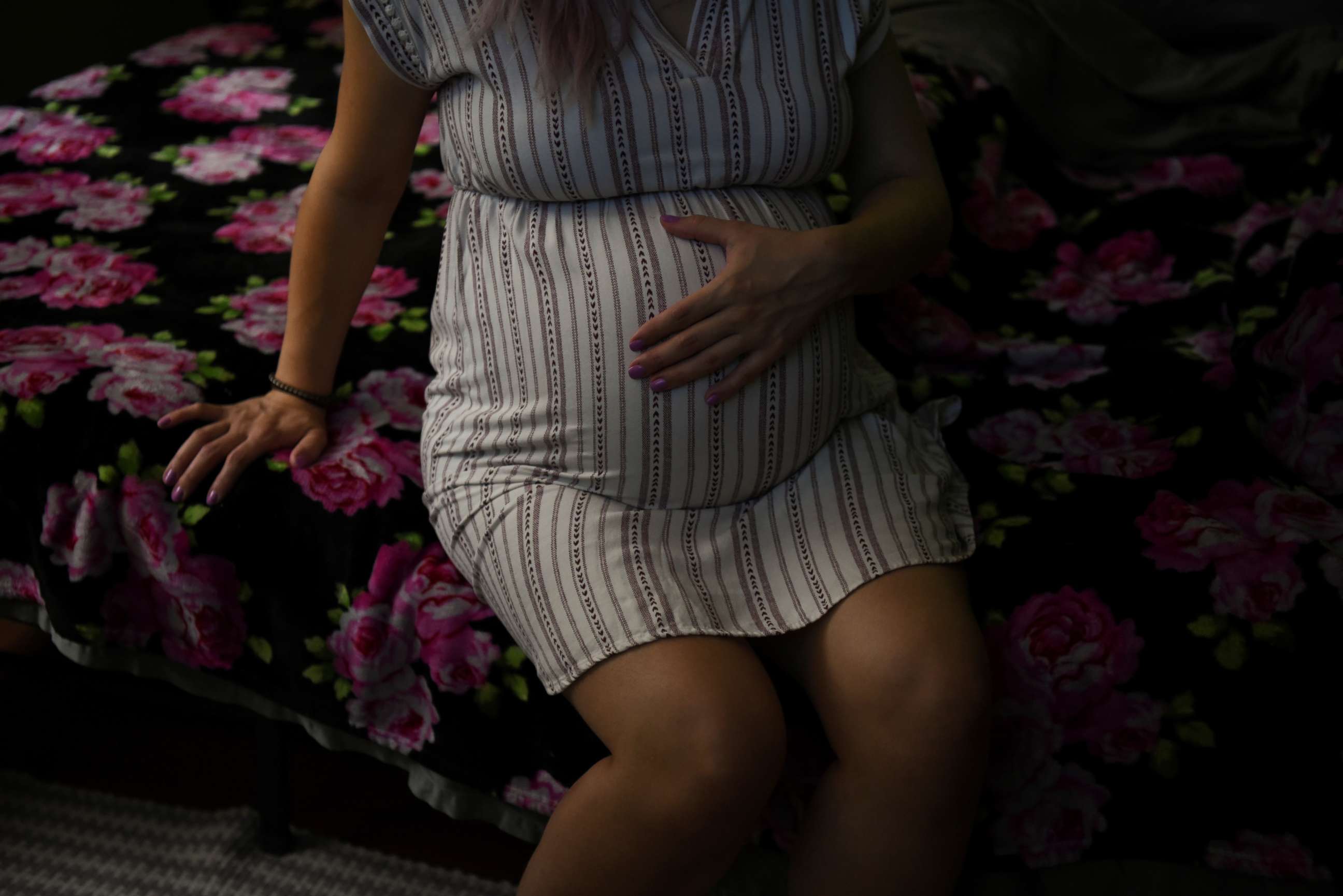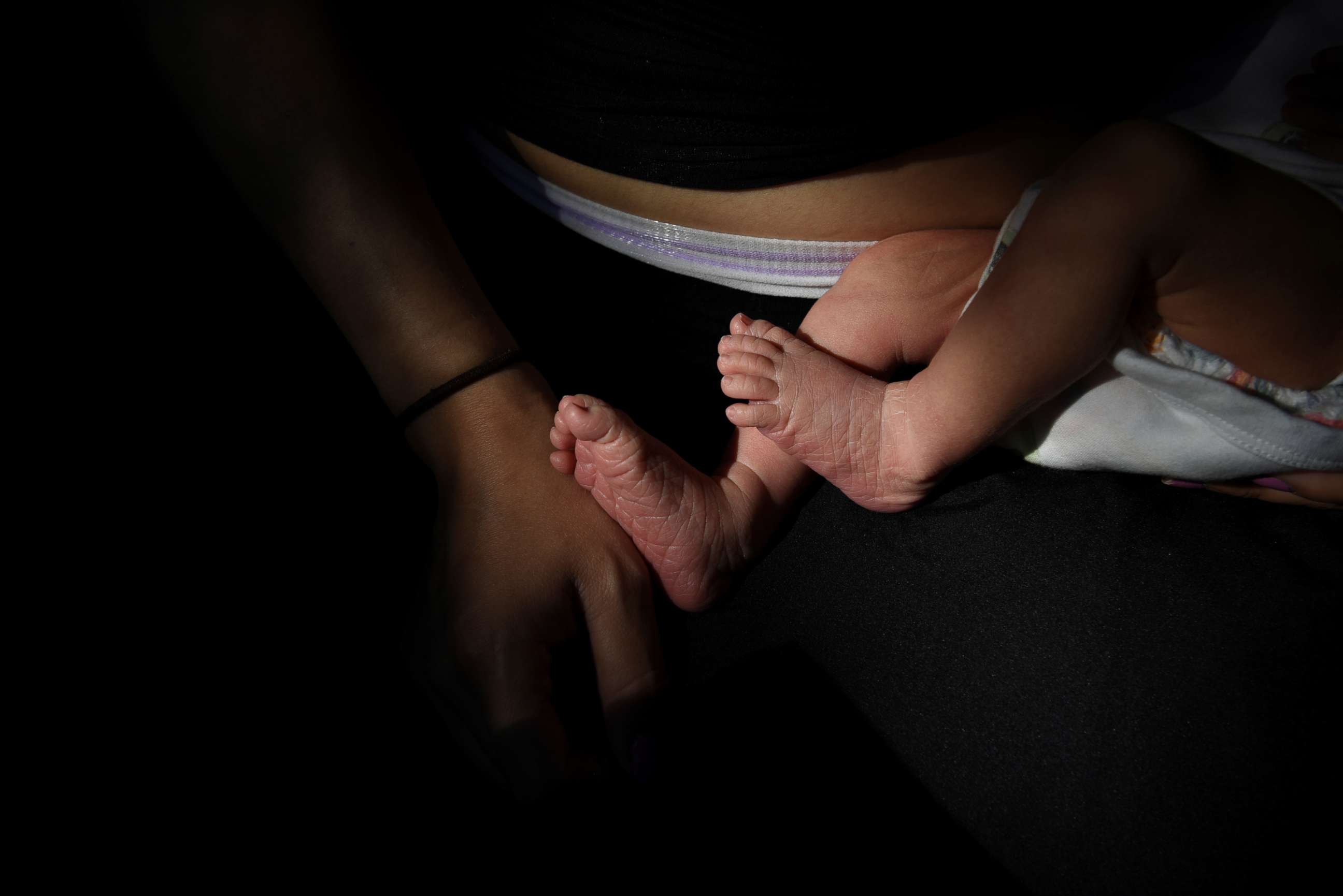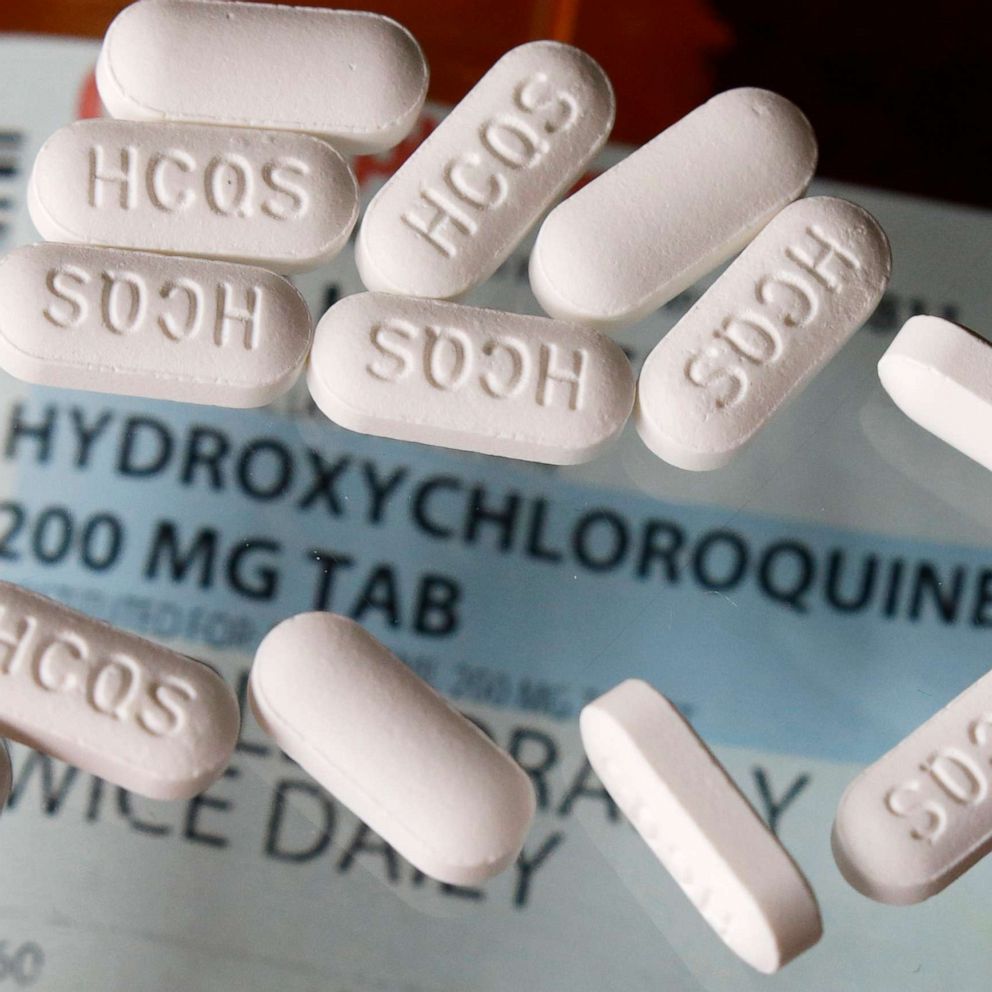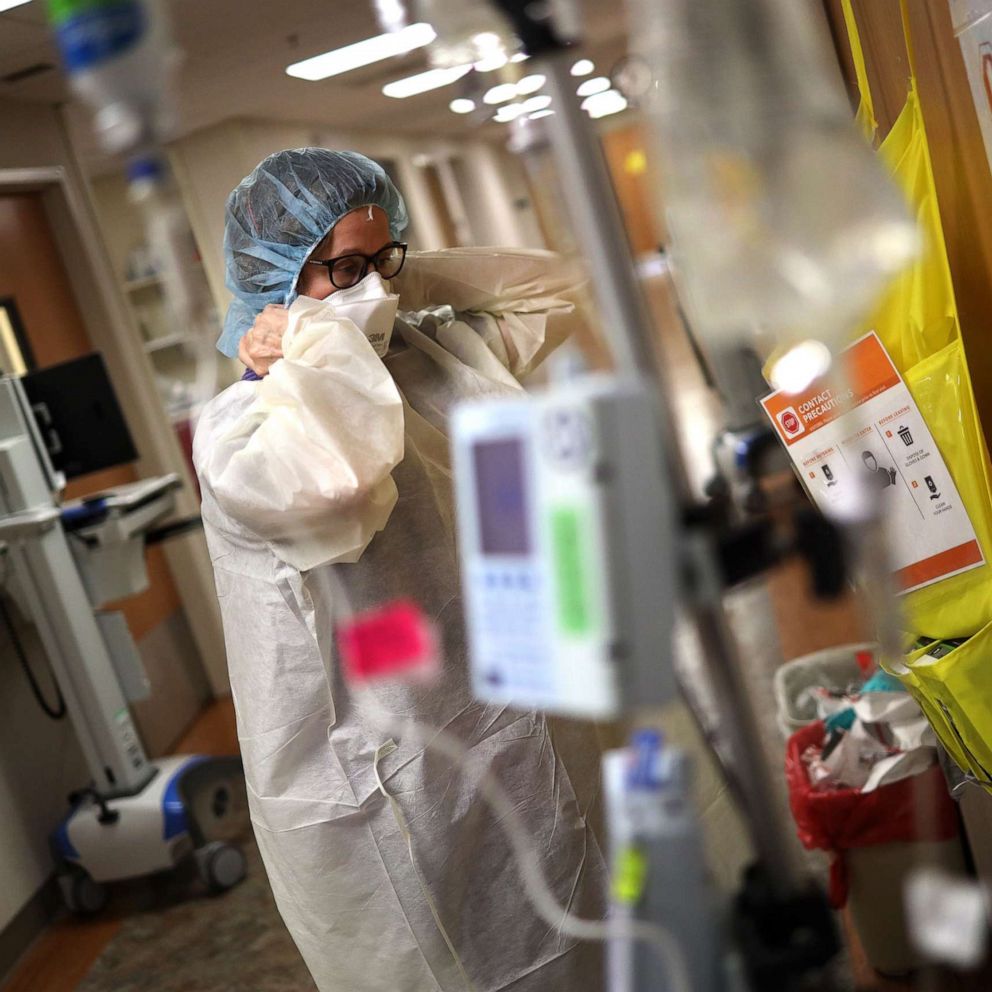Considering home birth? Doctors reaffirm hospital safety amid coronavirus pandemic
Even during the pandemic, experts say hospital birth remains safer than at-home.
The COVID-19 pandemic has left many expectant parents wondering if it would be safer to avoid crowded hospitals and instead give birth at home. But even in the midst of a global pandemic, national physician organizations say that hospitals are still the safest place to give birth.
The American College of Obstetricians and Gynecologists, American College of Nurse-Midwives, American Academy of Family Physicians, and Society for Maternal-Fetal Medicine issued a joint statement last month that "hospitals and birth centers that are both licensed and accredited remain safe places to give birth in the United States."
This policy is upheld by these organizations today.
The organizations, however, recognize that it is the right of expectant mothers to choose -- and many families have openly sought at-home birthing options in light of the COVID-19 pandemic.
The American Academy of Pediatrics (AAP), the leading organization for pediatricians in the United States, also issued an official policy statement this week that reaffirms the safest location for birth remains in a hospital, even during the pandemic.
But due to the growing interest in at-home births, the AAP offered specific recommendations for the care of infants who are born at home. While the document was intended as a guide for newborn care, it also provides information for expectant parents weighing their birth plan options.
The lead author of the AAP statement, neonatologist Kristi Watterberg, says it's still safer to give birth at a hospital, where extensive measures are being taken to prevent the spread of infection.
"I know our hospital, and expect every hospital, is trying to limit caretakers for mom and baby," said Dr. Watterberg, professor of pediatrics at the University of New Mexico and former Chair of the AAP's Committee on the Fetus and Newborn.

"We have also ramped up all the precautions for our NICU babies, working as hard as possible to maintain safety precautions," Watterberg said. As part of these precautions, some hospitals may consider discharging patients earlier than they typically would in order to limit exposures.
Watterberg also points out that a planned hospital situation is safer than having to enter the hospital in an emergency, like those that might arise if a home birth goes awry.
"If you're at home, our first responders in many areas are way overburdened and may be delayed in getting to you, and if you get to the hospital in an emergency you may go through the ER, which has a higher risk for infections," Watterberg said.
The AAP statement draws from data indicating that infants born at home are more likely to develop health problems. Watterberg explained that although home births might be preferred by many mothers for legitimate reasons, infants born at home are two to three times more likely to die in childbirth or shortly thereafter.
Other studies have shown an association with low "Apgar" scores, a standardized test used in the first few minutes of life to assess a newborn's overall health as well as possible medical complications including seizures, breathing problems, nerve injury, and bone fractures.
Experts agree that only low-risk and uncomplicated pregnancies should be considered for home births. While this typically excludes certain mothers, including those pregnant with twins, delivering prematurely, or with certain medical problems, families should discuss their specific circumstances with their health care provider.

"The mom needs to hear what her doctor or midwife is saying to her about her suitability for a home birth, and the suitability of her home for a home birth," Watterberg said. "The farther away from help she is, the higher the risk. There may be an irreducible minimum increase in adverse outcomes, just because you are a ways away from help."
Though it may be unclear the degree to which emergency medical care is affected by the COVID-19 pandemic, these back-up plans should be secure prior to considering a home birth option.
And since even low-risk pregnancies can lead to unexpected complications, families should ensure that their at-home providers are appropriately qualified and prepared.
"Be sure to check the certification of your midwife as there are many different categories, of which only some are accepted by ACOG and AAP as representing a professional certification," Watterberg cautioned. Specifically, at least two care providers should be present, and one should be certified and equipped to help the infant immediately following birth.
"It's a bit harder for the home care provider, because so many things are included in hospital protocols with standing orders. At home, it's all on you," Watterberg said. "Midwives have developed order sets and protocols as well, to make sure things don't get missed."
Beyond the immediate care needed surrounding birth, parents should still be aware that babies need close monitoring in their first few days of life, and that trips to the pediatrician are still necessary. In the first two days alone, this includes testing infants' blood for certain diseases, monitoring feeding and weight gain, screening for heart abnormalities, and administering medicines and vaccines. Certain infants require additional tests, like blood sugar levels and diagnostic imaging.
In spite of differing opinions about home births, families should feel empowered to engage in thoughtful discussions about birth plans openly and honestly with their health care providers.
To providers, Watterberg says: "We can all talk to each other with respect and professional consideration -- we are all, indeed, choosing to care for these families."
Chloë Nunneley, M.D., a resident physician in pediatrics at Boston Children's Hospital and Boston Medical Center, is a contributor to the ABC News Medical Unit.
What to know about the coronavirus:
- How it started and how to protect yourself: Coronavirus explained
- What to do if you have symptoms: Coronavirus symptoms
- Tracking the spread in the U.S. and worldwide: Coronavirus map
Tune into ABC at 1 p.m. ET and ABC News Live at 4 p.m. ET every weekday for special coverage of the novel coronavirus with the full ABC News team, including the latest news, context and analysis.







